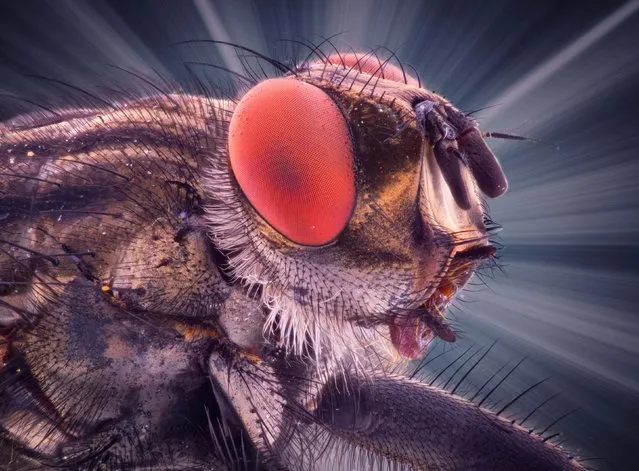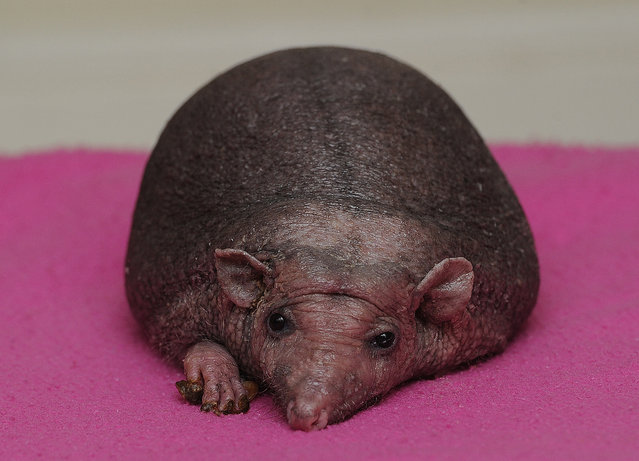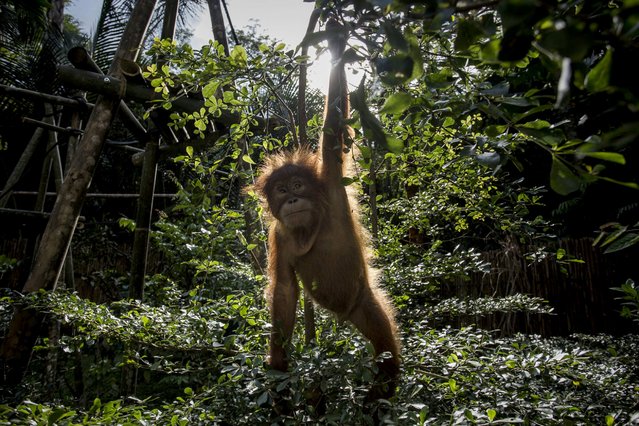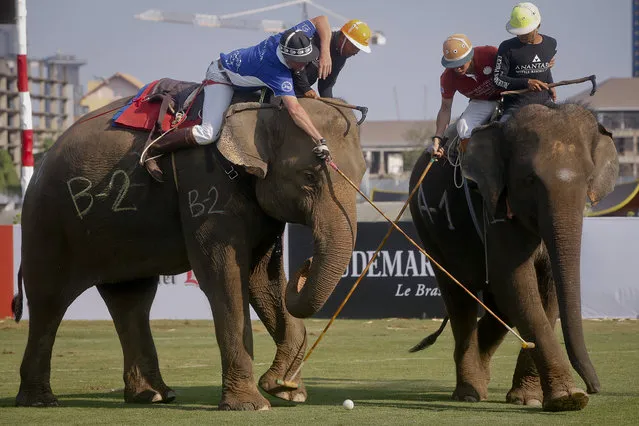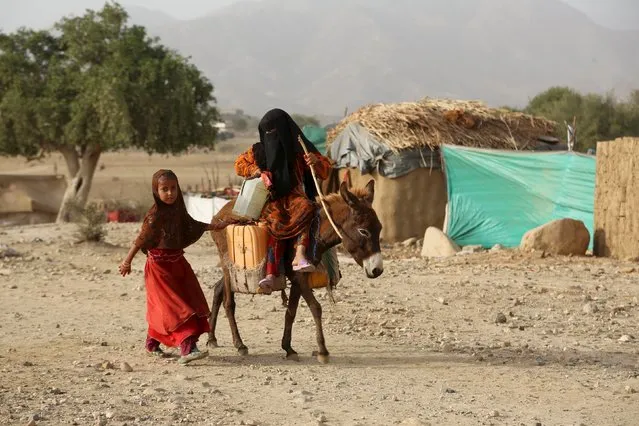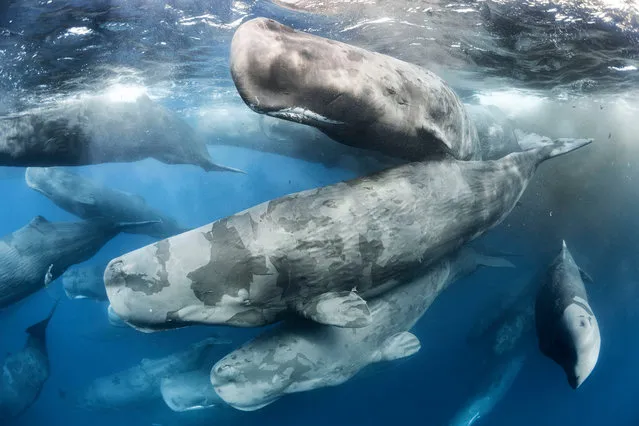
A member of the 324 Squadron during the Anzac Day dawn service at Coogee Beach in Sydney, Australia on 23 April 2019. Anzac Day, held annually on 25 April, is a national day of remembrance across Australia and New Zealand, which commemorates the people who lost their lives or served in wars and conflicts. The day coincides with the first landing of the Anzacs at Gallipoli, Turkey, in World War One. (Photo by Steven Saphore/Australian Associated Press)
26 Apr 2019 00:03:00,post received
0 comments


